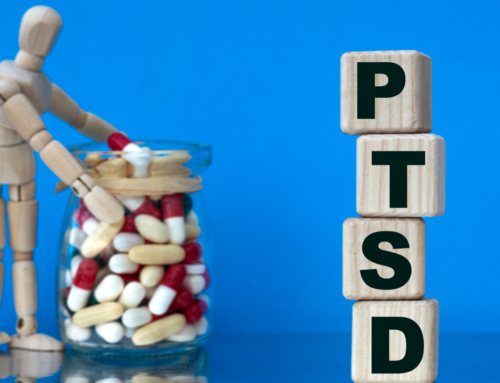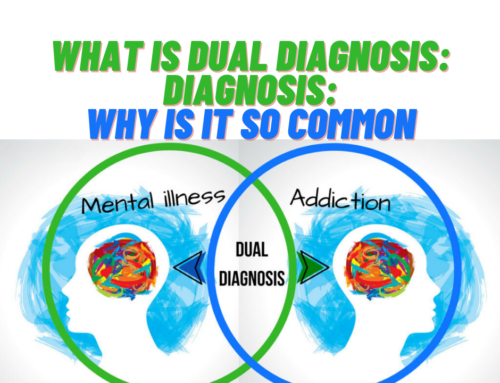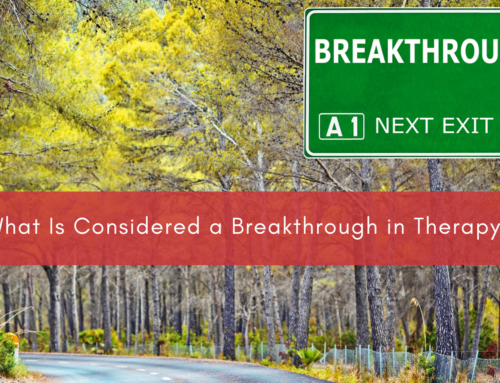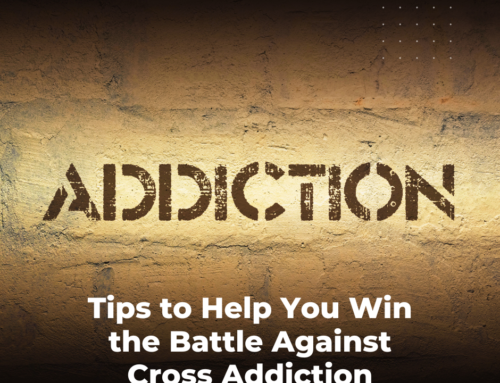Social support is one of the best predictors of success in recovery. Creating that social support is a central element of good treatment programs, which emphasize both group therapy and family therapy during treatment. Quality aftercare emphasizes preserving that sense of connection and helping people make sober contacts while transitioning back to their normal lives. This might be by connecting alumni or encouraging people to join mutual aid groups like 12-step programs. Why is a sense of social connection so important for recovery?
Connection lowers stress.
As a social species, humans have always depended on each other to survive. For most of our history, to be isolated was to be vulnerable. On the other hand, the more friends, family, and allies you have, the safer you are. Now, we can be safe and alone, but we still crave that sense of connection. It makes us feel safer. When things inevitably go wrong, we have people who can help us out. We don’t have to do everything ourselves. Just knowing there are people you can depend on lowers your stress and anxiety. Even if you don’t ask for help, you feel better knowing help is available.
Connection creates a sense of belonging.
As noted above, we crave a sense of belonging because it’s safer. However, it’s more than that too. Many people with a history of addiction and mental illness feel like they don’t belong. They feel like there is something wrong with them, that they’re defective or unworthy of love. When you find people who accept you despite your flaws, you understand that maybe you deserve love like everyone else and that’s a powerful way to heal.
Connection creates a sense of meaning.
In addition to craving social connection, we also crave meaning or a sense of purpose. That can be hard for many people to find, especially curious people who don’t necessarily accept the forms of meaning the world tries to foist on them. Helping the people who matter to you gives you a sense of purpose. Even if it’s only in a small way, helping others is often more meaningful that seeking comfort, pleasure, or status for yourself.
Connection keeps you accountable.
Having a group of friends and acquaintances who share your goals and values keeps you on track. When left to your own devices, you might be rather fickle. One day, you really want to be sober and the next day you don’t really care. Having the support of a group helps keep you focused over the long term. You reinforce each other’s values. What’s more, you feel reluctant to disappoint everyone, so your resolve becomes a little sturdier in the face of temptation.
Connection gives you feedback.
Finally, being part of a group can be a valuable source of feedback. We mainly know ourselves in relation to others. It can be very hard to understand your own behavior and a group of honest, supportive people can give you a lot of insight into yourself if you are willing to listen. You can also ask for advice when you get into a tough spot. It’s likely someone in your sober network will have dealt with something similar and can help you out.
At Alta Lama Transformational Services, you will meet knowledgeable, compassionate professionals that understand addiction in all its forms. Alta Lama uses an integrative and holistic approach to treat addiction and mental health issues. No treatment is one-size-fits-all, where you will have a team of experts prepared to create your customized treatment plan. We offer care for your mind, body, and spirit, so that you can heal from the inside out and look forward to a lifetime of sobriety and wellness. If you are ready to take the first step in your recovery, please call us at 866-457-3843.



